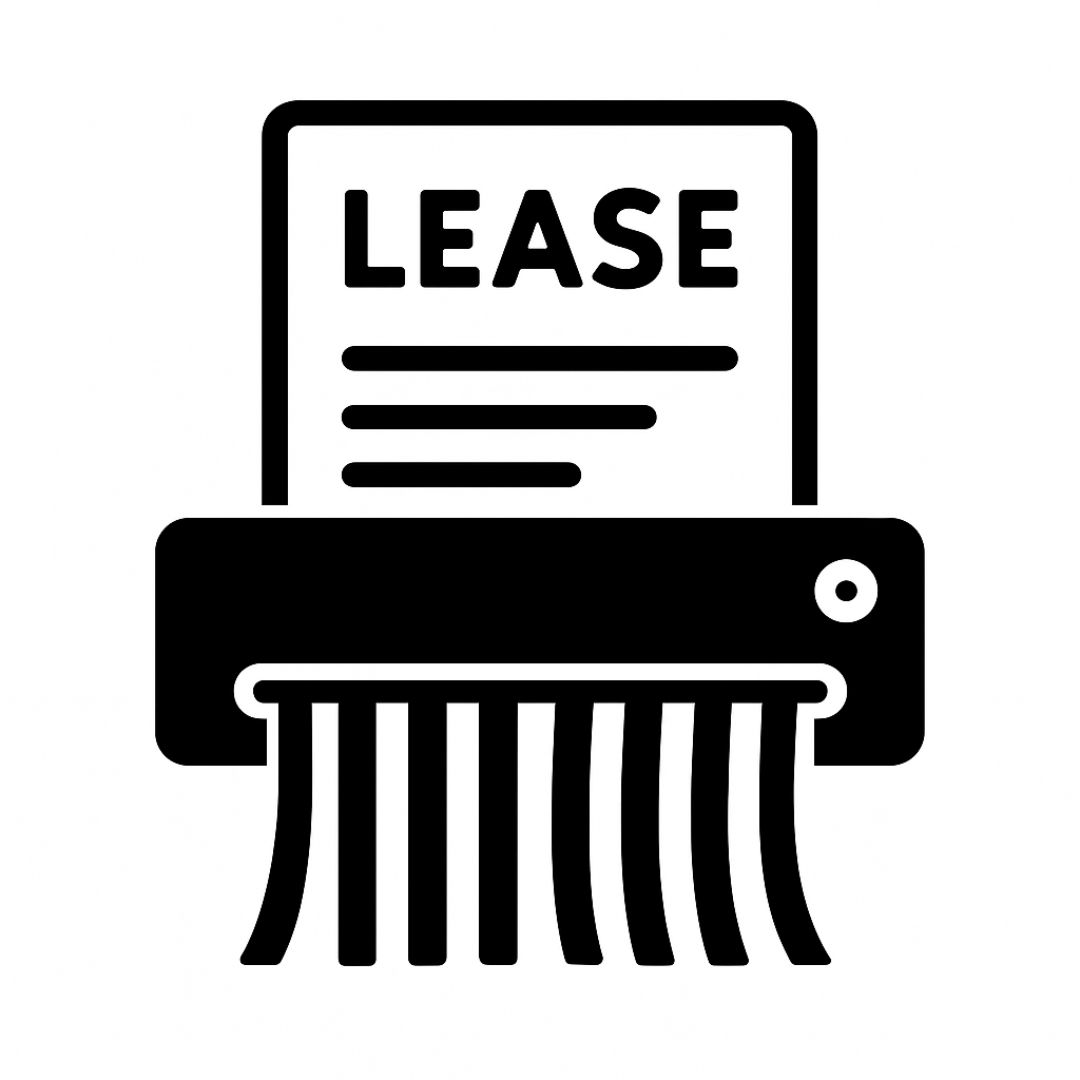Lawyers for Mold in Apartment
Moldy apartments are a serious problem in Texas. Our warm, humid climate can provide an ideal environment for mold to thrive.
Unfortunately, mold can be toxic. According to the Centers for Disease Control and Prevention (CDC), mold can make you sick.
Sometimes the symptoms can be mild: a stuffy nose or a sore throat. Other times, the symptoms can be more severe, including severe headaches and suppressed immune systems.
If you or someone you love is experiencing toxic mold in a Central Texas apartment, you deserve to have a mold attorney by your side. Contact us today at (512) 200-3352.
What can a mold attorney do for you?

Repairs
An attorney can help you force your landlord to repair or remedy the mold through a court order. These repair-and-remedy lawsuits can be very quick.

Lease Termination
You might also want to break your lease. That starts by showing your landlord is liable to you for a repair and remedy violation. If you can show that, then you can generally terminate your lease.

Compensation for Injuries
You may be entitled to compensation for personal injuries. Such compensation can include medical bills, lost wages, pain and suffering, mental anguish, and more.

Compensation for Property damage
If the mold contaminated your personal property, you may also be entitled to damages to compensate you for the cost to clean or replace it.

Other compensation
If your landlord is liable to you for a repair and remedy violation, you may also be entitled to other compensation, too. For example, you may be entitled to a civil penalty.

Justice
Landlords like to act tough—until you make them face the jury. Force your landlord to face the jury and see just how tough they really are.
What causes mold damage?
Mold is everywhere in the air in Texas. Mold damage is not. When you see mold damage to a home, it’s usually the result of a predictable formula.
Food
Mold needs food to grow. That is why you find it growing on organic material, such as wood, the paper facing of sheetrock, clothes, etc.
+ Water
Mold needs water. Often that water comes from a plumbing leak over time. Other times it’s from a sudden leak that was not properly remediated. High humidity can also give mold the water it needs to grow.
= Mold Damage
Mold is everywhere in Texas. So when you add its favorite foods and water together, you’re likely to see mold damage.
What You Can Do if You Suspect Mold Damage
1. Check Your Lease
Your lease might have special procedures for reporting mold, or getting inspections.
2. Get an Inspection
Get a professional mold inspection if your lease does not prohibit it. This will help you preserve evidence and identify the type of mold in your apartment.
3. Request Repairs
Submit a written request to get the mold repaired. Check your lease for how to submit it.
4. Get tested
Get a mycotoxin panel. Mold produces mycotoxins. They are toxic. A mycotoxin panel helps identify if mycotoxins in your body match those produced by the mold in your apartment.
5. Send second request for repairs
Submit a second written request to get the mold repaired if 7 days have passed since your landlord received your first written request. Check your lease for how to submit it. Also demand a written explanation for why the mold has not been repaired.
6. Lawyer Up
Don’t let your landlord delay. They generally have 7 days after receiving your second request to fix the mold. If they don’t, you may be entitled to sue. Find out if you are entitled to sue your landlord to force repairs and get compensation.
What Our Clients Say
Frequently Asked Questions
Answers to the questions we get about mold in an apartment.
Let’s Talk
If you’re living in an unsafe home, we’re ready to listen.





